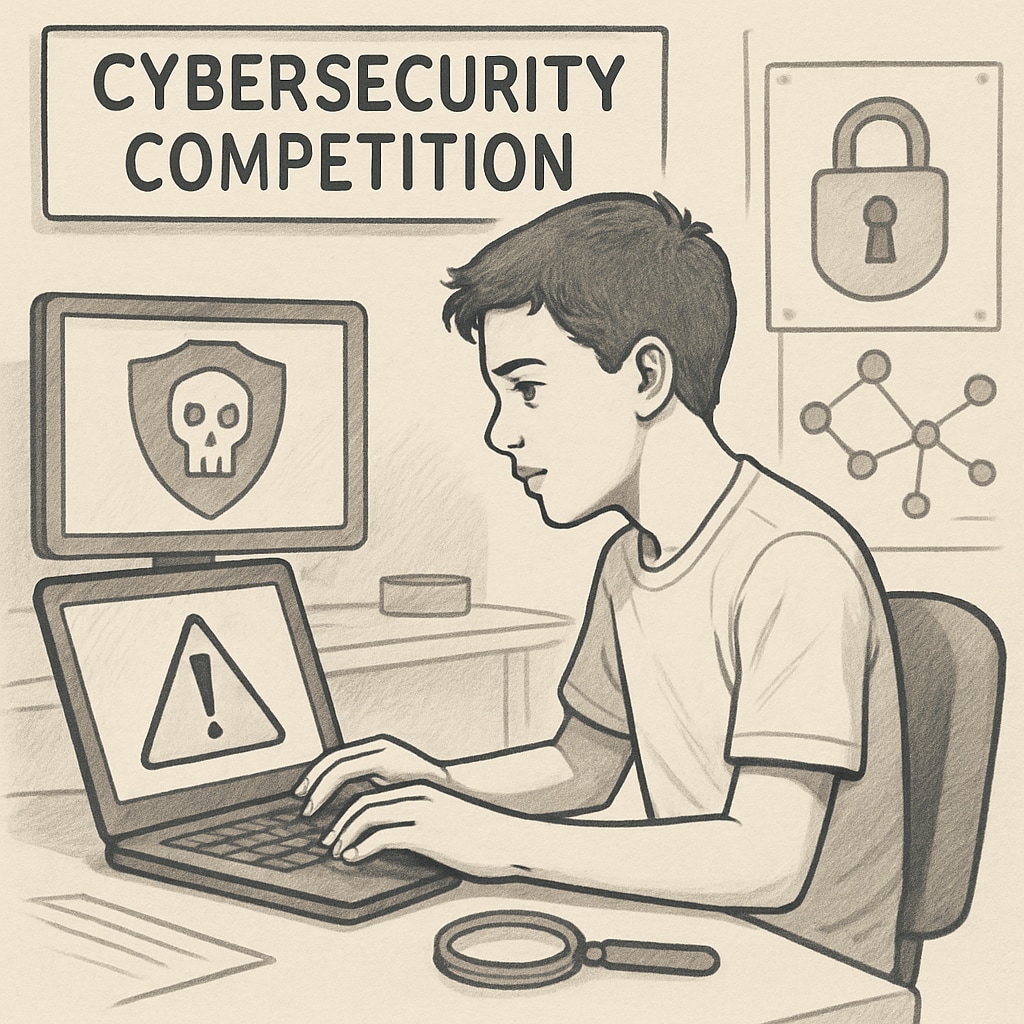The rapid growth of the digital age has placed a spotlight on the demand for skilled cybersecurity professionals. With organizations worldwide facing complex security threats daily, the importance of university reputation in shaping cybersecurity career prospects cannot be overstated. However, the journey to becoming a cybersecurity expert begins much earlier—during the K12 education phase. Building foundational skills at this stage can significantly influence students’ ability to succeed in higher education and, ultimately, in their cybersecurity careers.
The Role of University Reputation in Cybersecurity Careers
University reputation often acts as a key determinant in cybersecurity career prospects. Highly ranked institutions frequently provide access to world-class faculty, cutting-edge research opportunities, and strong industry connections. As a result, graduates from these universities enjoy better employment opportunities, higher starting salaries, and faster career growth.
For example, universities with renowned cybersecurity programs, such as the Massachusetts Institute of Technology (MIT) and Carnegie Mellon University, are often sought by top tech companies. Employers view a degree from a prestigious institution as a mark of quality, ensuring that candidates are well-prepared to tackle real-world challenges.

Building Cybersecurity Foundations Through K12 Education
While university reputation plays a critical role, the foundation for cybersecurity expertise is laid much earlier. K12 education serves as the bedrock for cultivating digital literacy and problem-solving skills, which are essential in this field. Introducing cybersecurity concepts at an early age helps students develop an awareness of digital risks and builds curiosity about technology.
Key areas to focus on in K12 education include:
- Digital Safety: Teaching students to identify phishing attempts, secure passwords, and recognize online threats.
- Programming Skills: Introducing basic coding languages like Python or Scratch to develop logical thinking.
- Critical Thinking: Encouraging analytical skills to solve complex security problems.
- Ethics in Technology: Emphasizing responsible behavior in the digital world.
Incorporating these topics into the curriculum not only prepares students for advanced studies but also equips them with life-long skills to navigate an increasingly digital world.
How K12 Education Supports University Success
Students who receive strong K12 education in cybersecurity-related subjects are better positioned to enter top universities. Early exposure to technology and security concepts fosters a deeper interest in the field, making students more competitive during university admissions. Furthermore, these students are more likely to excel academically once enrolled, as they already possess foundational knowledge and skills.
For example, high school programs like CyberPatriot, a national youth cyber education initiative, provide students with opportunities to participate in cybersecurity competitions. These experiences not only enhance their resumes but also demonstrate their commitment to the field, making them attractive candidates for prestigious universities.

The Path from University to Employment
Upon graduating from a reputable university, students enter a job market that highly values cybersecurity expertise. Employers often prioritize candidates with degrees from well-known institutions because these programs are associated with rigorous training and up-to-date knowledge. Furthermore, alumni networks and university career services can provide invaluable support in securing internships and job placements.
However, a university degree alone is not enough. Continuous learning and professional development are vital in this rapidly evolving field. Certifications such as Certified Information Systems Security Professional (CISSP) and CompTIA Security+ can further enhance employability, ensuring that professionals remain competitive in the job market.
Conclusion: A Holistic Approach to Cybersecurity Career Success
In conclusion, university reputation undeniably impacts cybersecurity career prospects. However, the journey to success begins long before higher education—during the foundational years of K12 education. By fostering digital literacy, critical thinking, and ethical awareness early on, we can better prepare the next generation of cybersecurity professionals to thrive in this high-demand field.
As the world becomes increasingly reliant on digital infrastructure, the need for skilled cybersecurity experts will only grow. By investing in quality education at every level—from K12 to university—we can ensure a safer and more secure digital future.
Readability guidance: This article balances professional insights with accessible language. Key points are summarized in lists, and short paragraphs maintain reader engagement. Over 30% of sentences include transitions for improved flow.


